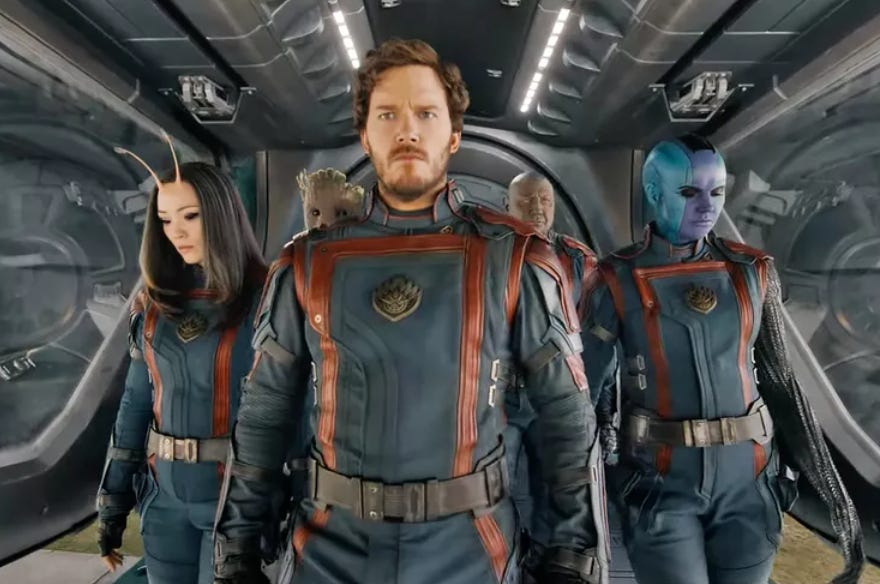Guardians of the Galaxy Vol. 3 Is Awesome—and Teaches an Important Lesson on Utopianism
“Many of the most monstrous deeds in human history have been perpetrated in the name of doing good."
The French philosopher Bertrand de Jouvenel once observed, “There is a tyranny in the womb of every utopia.” I’ve no idea if James Gunn has read Jouvenel’s works, but the Guardians of the Galaxy filmmaker has certainly absorbed his lessons.
Gunn’s final installment of the hit trilogy, Guardians of the Galaxy Vol. 3, raked in $300 million at the box office in its first four days. After taking my own family to the movie, I can say Guardians 3 is every bit as good as Gunn’s first two films. But what stood out most was the film’s powerful warning about the dangers of utopianism, which is explored in the genesis of a favorite Guardians character: Rocket (voiced by Bradley Cooper).
We know from the previous films that our furry friend, a genetically engineered and cybernetically enhanced raccoon, was created in a laboratory. But that’s really all we know. In Guardians 3, we finally get the backstory of Rocket, who was created by a man known as the High Evolutionary (Chukwudi Iwuji), a villain who wants to engineer a new Eden.
“My sacred mission is to create the perfect society,” says the High Evolutionary.
Rocket is one of several animals engineered for this purpose. He is equipped with intelligence, which gives him the power to reason and speak. But Rocket is treated as a prisoner, not a sentient being. To the High Evolutionary, Rocket is not even a pet; he’s simply a means to an end. Because of his unique ability to problem-solve, his brain is useful and worthy of examination.
Rocket’s animal friends are treated even worse. Once it’s determined they are obsolete, the High Evolutionary seals their fate with a two-word order: “Incinerate them.”
Read the rest of this article at The Washington Examiner.




